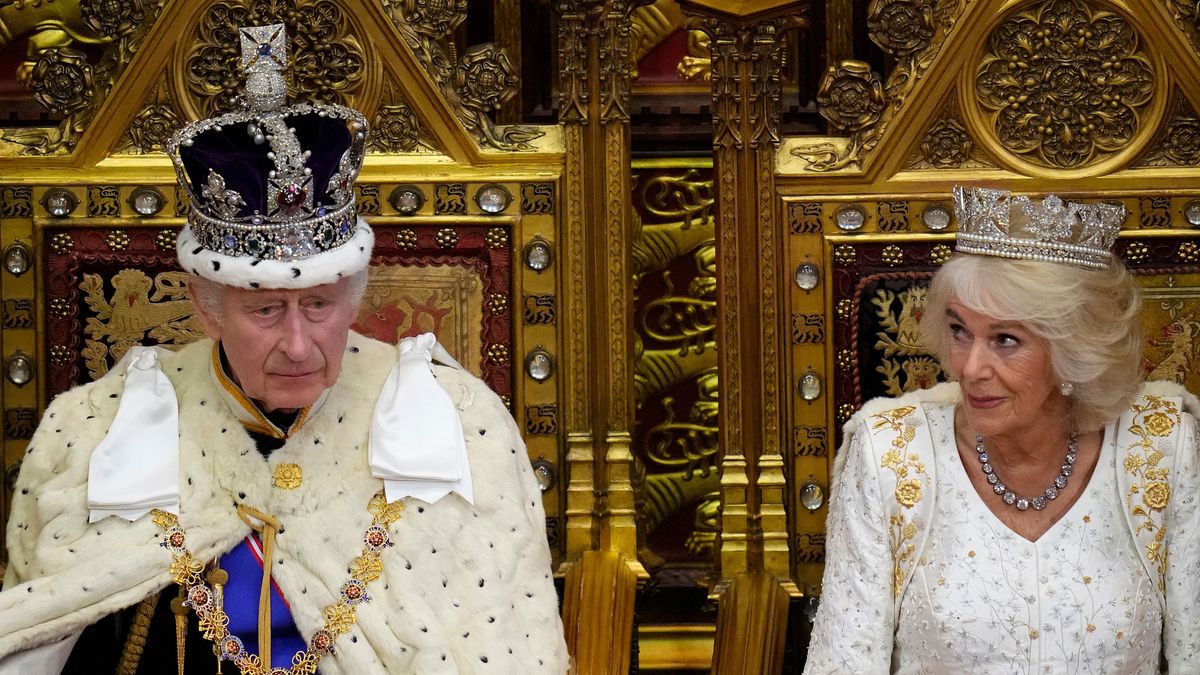In a historic King’s speech at the Opening of the House of Parliament after 70 years, the new Monarch unveiled an extensive list of legislative objectives that Rishi Sunak aims to achieve before the 2025 elections. However, the proposed laws and reforms have raised concerns among privacy advocates and tech groups, particularly in relation to encryption.
King Charles III’s backing of further laws in this domain echoes existing concerns among experts about the Online Safety Bill (OSB), which has already become law. The King indicated controversial amendments to the Investigatory Power Act, requiring tech companies to obtain approval from the Home Office before implementing new security or privacy features, including encryption.
Critics argue that the government’s measures are encroachments on privacy rights and could create a UK surveillance state. Privacy advocacy groups and technology firms are also calling for clarity from the government regarding its position on these issues.
Tech companies such as Apple, Signal, WhatsApp, and ProtonMail have expressed opposition to the proposed reforms and have threatened to leave the UK over the Online Safety Bill dispute. Encrypted messaging platforms and other apps could be impacted if these measures are implemented, potentially undermining the privacy and security of users.
In addition to encryption concerns, the UK government is also planning to extend surveillance powers to tackle financial fraud, a move that has stirred further privacy debates.
Overall, the proposed laws and reforms have led to increased scrutiny and criticism. Experts and advocacy groups are urging the government to reconsider its approach and seek alternative solutions to address crime without compromising citizens’ online safety and privacy.

I have over 10 years of experience in the cryptocurrency industry and I have been on the list of the top authors on LinkedIn for the past 5 years.

